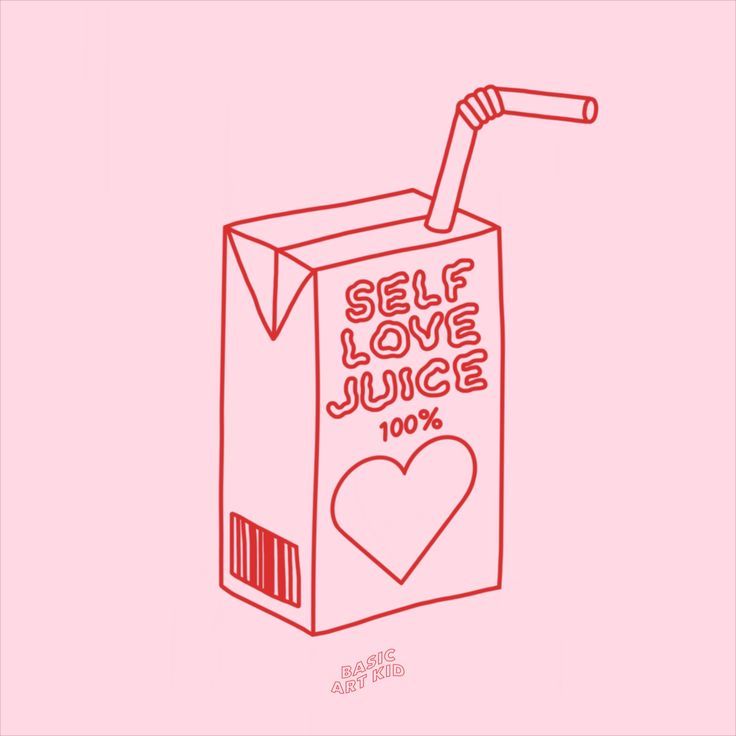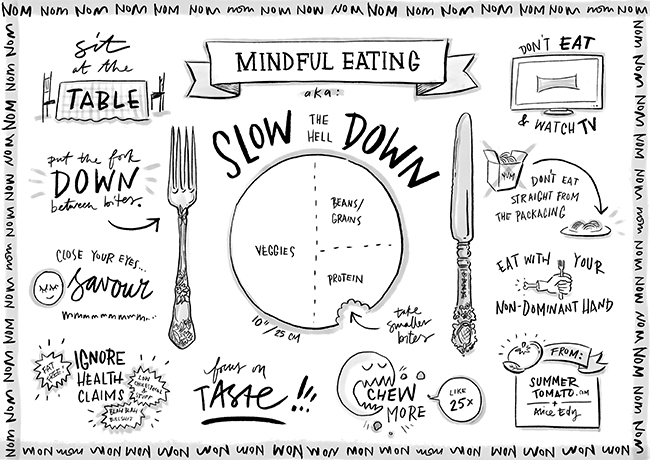Sometimes the pressures of existing can begin to weigh heavily on us and we start to consider that we may need to ask for a little help from our loved ones. Maybe it’s because we have a lot on our plate just by nature of who we are and the world we live in. Other times we are those people that are seemingly so full of strength and energy to those who need a helping hand, so much so that they don’t hesitate to ask when they need support. Frequently though, it feels like I am perpetually and simultaneously in both states of existence; always overwhelmed by the needs of others and constantly considering asking for help in managing my own needs because of it. I’ve come to realise that I have a complicated relationship with needing, being needed, and asking for help. I wonder often whether I use helping others to distract myself from helping myself. Then I feel bad about asking for support because I might not have had to, were I putting my own oxygen mask on first. Maybe this is ok, though. Realistically, we all go through times when we have the energy to spare for the needs of others and times when we need help coping ourselves.
We’re now well into year three of a pandemic that has vastly changed our lives in many obvious but also many subtle ways. The ways in which we all interact with each other have been strained and altered. Physical touch in a greeting has become a bit of an awkward dance of managing people’s comfort levels. At least, dramatically more so than it was before all this. Being isolated at home has become the default for many, making connecting in the real world all the more challenging and exhausting. 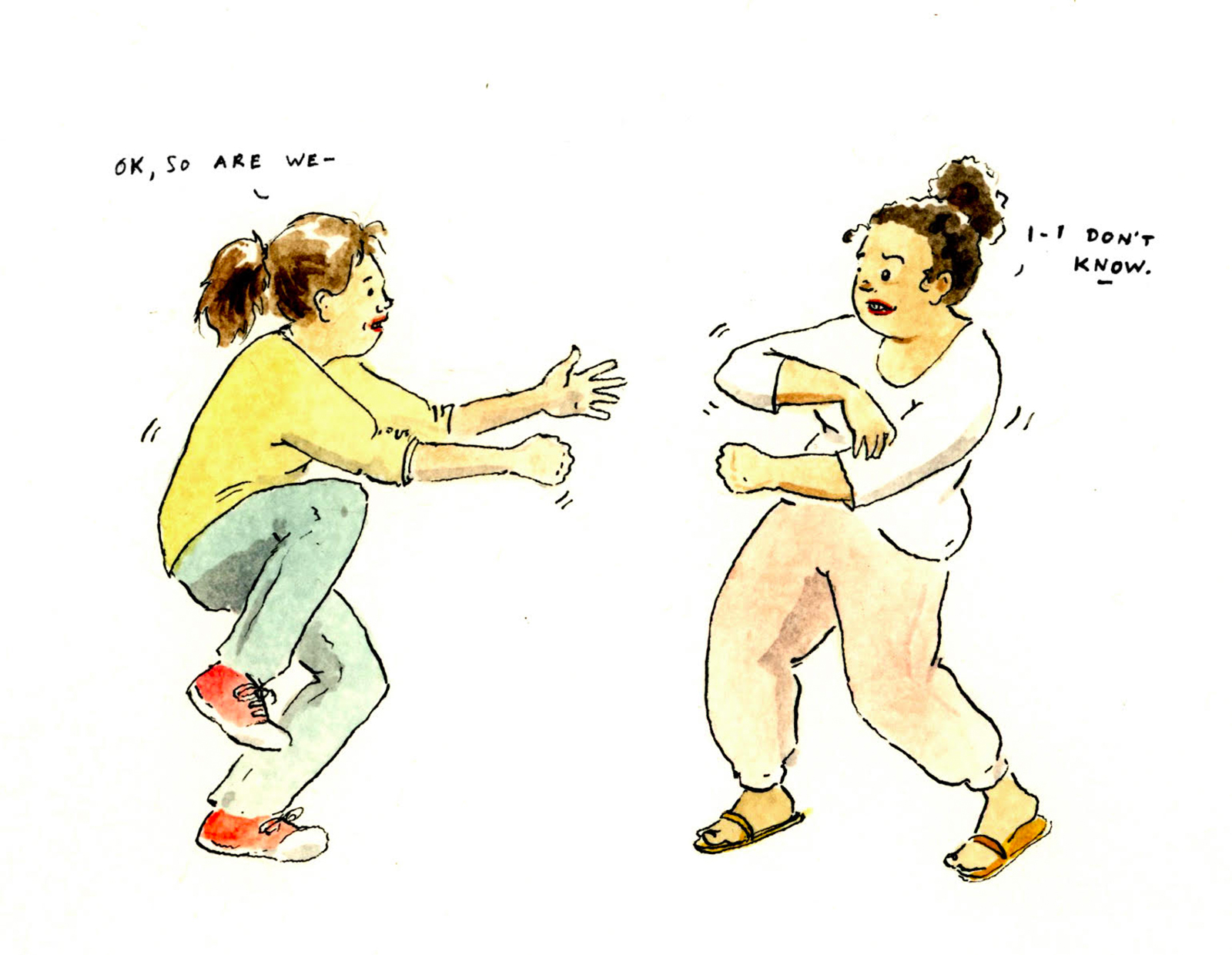 Social landscapes have changed: two years away from consistent partying has meant that many of your friends have taken the opportunity to leave that part of their lives behind. Maybe many others spent the past two years getting “too” wrapped up in their substance use (something we each get to define for ourselves, of course) during a time when it felt like the “rules” had changed or were no longer applicable. Perhaps you are one of these two kinds of people, or perhaps somehow you are both. Either way, the nature of being there for each other has changed as well. Continue reading
Social landscapes have changed: two years away from consistent partying has meant that many of your friends have taken the opportunity to leave that part of their lives behind. Maybe many others spent the past two years getting “too” wrapped up in their substance use (something we each get to define for ourselves, of course) during a time when it felt like the “rules” had changed or were no longer applicable. Perhaps you are one of these two kinds of people, or perhaps somehow you are both. Either way, the nature of being there for each other has changed as well. Continue reading
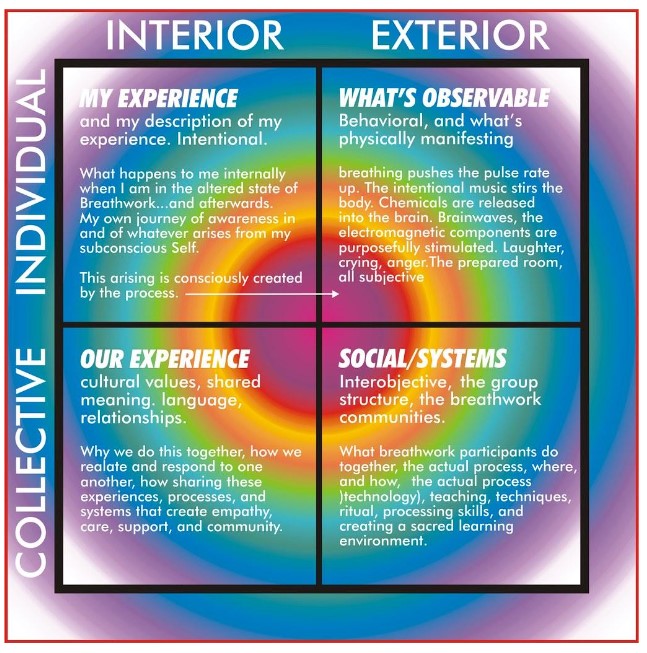
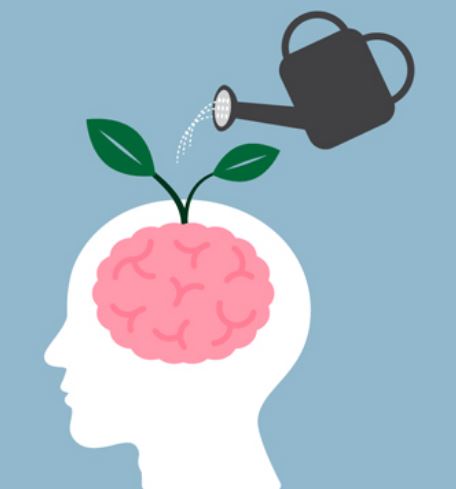 rological aspects of ADHD. Harm reduction exists in many facets of life, and can take on many forms. Here at Trip! Project, one of the ways we practice harm reduction is through the spreading of knowledge and awareness of various substances, and phenomena related to taking/using these substances. The idea behind this is that knowledge is power! Having an awareness and understanding of the substances we take and the ways in which they interact with our brains is one way to make more informed and hopefully safer choices when it comes to substance use. The same can be said about our own brain chemistry and structure! Knowing how or why we experience the things we do can help us make informed choices and take better care of our brains.
rological aspects of ADHD. Harm reduction exists in many facets of life, and can take on many forms. Here at Trip! Project, one of the ways we practice harm reduction is through the spreading of knowledge and awareness of various substances, and phenomena related to taking/using these substances. The idea behind this is that knowledge is power! Having an awareness and understanding of the substances we take and the ways in which they interact with our brains is one way to make more informed and hopefully safer choices when it comes to substance use. The same can be said about our own brain chemistry and structure! Knowing how or why we experience the things we do can help us make informed choices and take better care of our brains. 